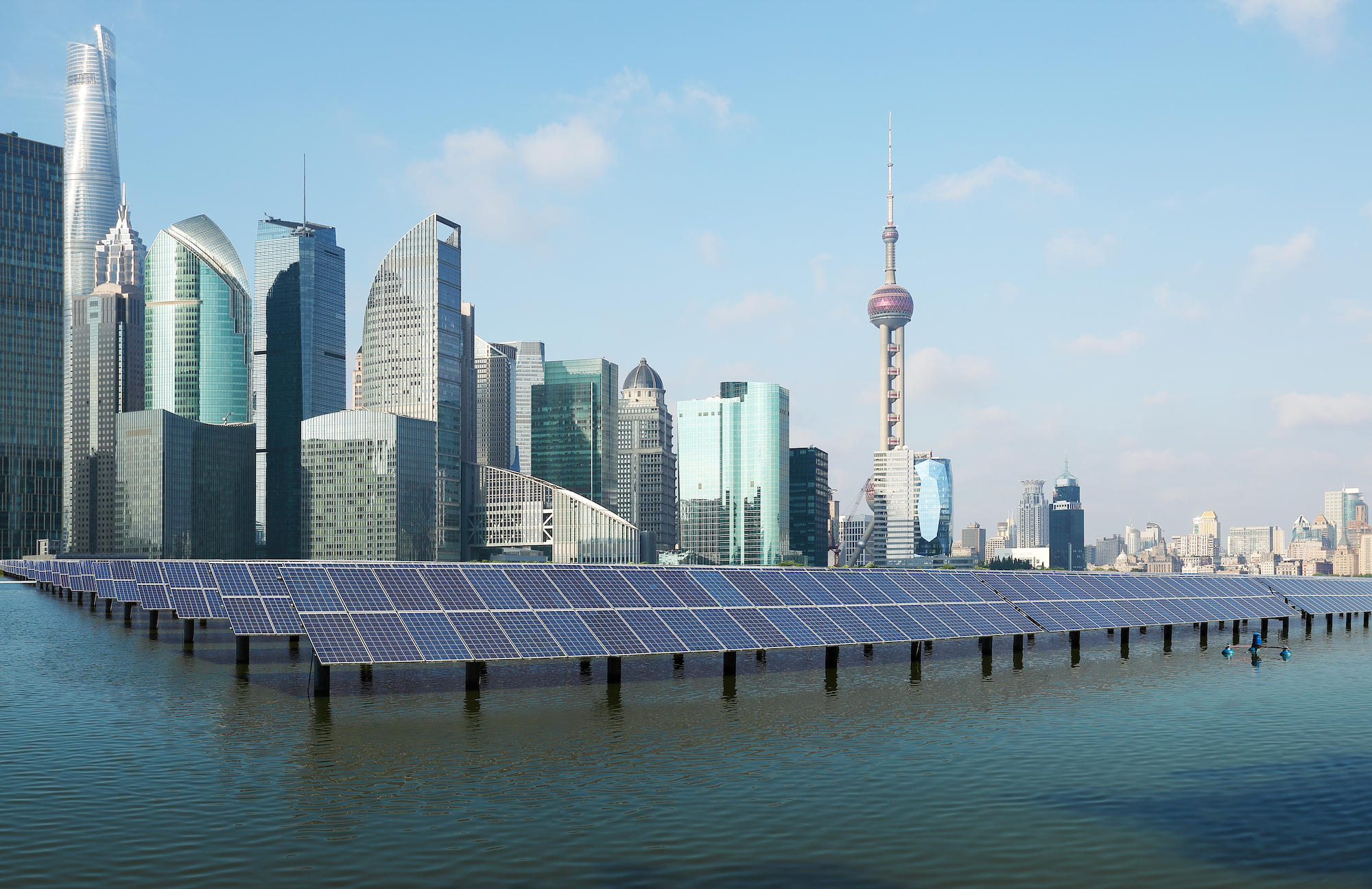China’s rapid economic growth over the past several decades has significantly impacted environmental sustainability. As China seeks to address its environmental challenges, it is turning to sustainable finance and green bonds as tools to help close the funding gap. In fact, the People’s Bank of China estimates it will cost $1 trillion annually to meet China’s environmental goals, and government financing will only be able to cover roughly 15% of that total. Paulson Institute Executive Director and Vice Chairman Deborah Lehr joined the BMO Sustainability Leaders Podcast recently to discuss what this means for China, what steps are being taken, and what the outlook is for the future.
“[I]t was 3 years ago they launched green bonds for the first time, and already, they’re competitive with the United States as the world’s largest issuer of green bonds, and may actually be the largest in 2019,” says Lehr. “They have also started very aggressive programs for environmental lending with the banks through their policy banks and providing preferential loan pricing for anything that qualifies as an environmental company. They’re trying to develop definitions for green, and while that sounds like a very basic issue, it actually is a very important one because we need standard definitions if investors are going to be confident in the kind of investments that they’re making. But even in China, this remains a challenge. Even if it can be dictated from the top, they still need to agree on these certain definitions, and they’re not implemented consistently across the board.”
Defining green standards will be an important step for China to grow its green finance market and achieve its low-carbon goals. Lehr also discussed carbon trading, China’s Belt and Road Initiative, the growth of green bonds, and more with BMO Chief Sustainability Office Michael Torrance. Learn more and listen to the podcast episode. Available now.



